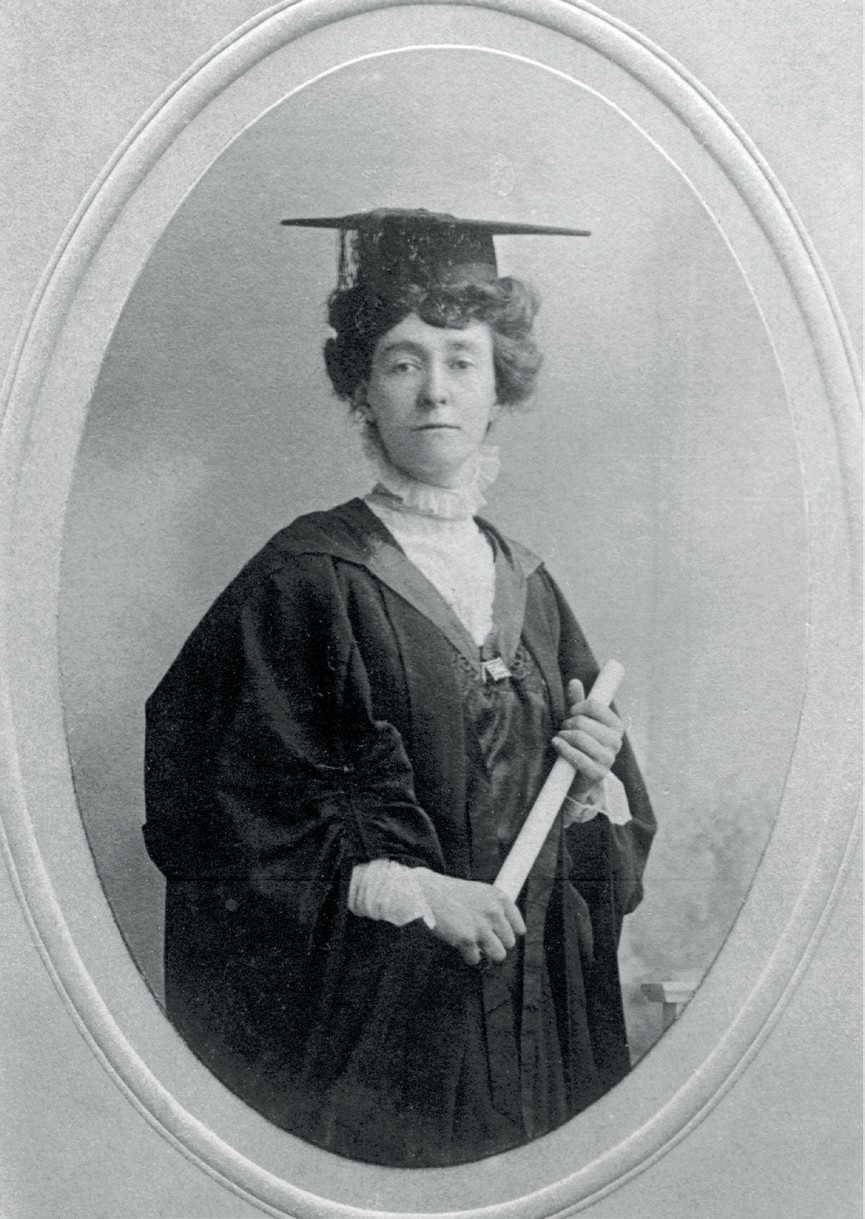
Emily Wilding Davison was a gifted individual who was one of the first women to be educated at Oxford, where she achieved first-class honours in English. In 1906, she joined the Women’s Social and Political Union (WSPU) and became an activist in the women’s suffrage movement.
From early in the suffragettes’ campaign, Emily Davison emerged as one of the most determined members of the WSPU. After being arrested and imprisoned in Manchester in 1909 for disrupting a political meeting, she went on hunger strike. The prison authorities decided to force-feed her, but she managed to barricade the door of her cell to prevent them from getting in. They then turned a fire hose on her. Soaked to the skin and with the water-level in the cell rising, she refused to give in until the door was broken down. She was taken to hospital and later released, but the women’s movement made much of her case and in the end the home secretary was obliged to admit in the House of Commons that the prison authorities should not have used a fire hose on her. She sued the prison authorities and won her case, though the court awarded her only token damages of £2.
Your organisation does not have access to this article.
Sign up today to give your students the edge they need to achieve their best grades with subject expertise
Subscribe




